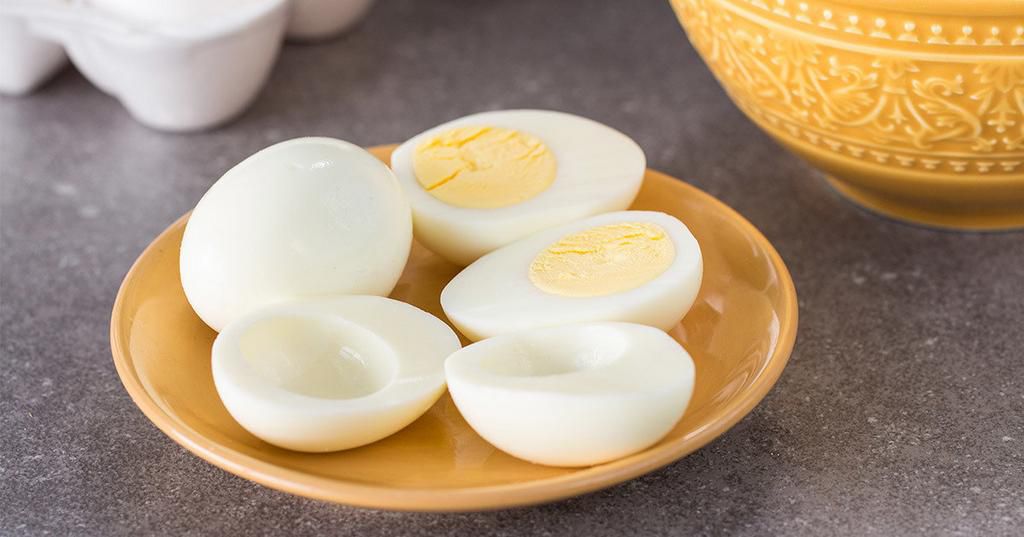Reheating these 5 foods could be dangerous, here’s why
)
We’ve all popped yesterday’s food in the microwave because it’s quick, easy, and waste-free. Who can blame us? In this economy, throwing food away almost feels like a sin.
But what if we told you that some of those well-meaning leftovers can actually become dangerous when reheated?
Sounds dramatic? Maybe. But it’s not just scare tactics. Certain foods undergo chemical and bacterial changes when exposed to heat the second time around. This can result in an upset stomach, food poisoning, and in extreme cases, more serious health risks.
Here, we break down five common foods you need to be careful with, what happens when they’re reheated, and safer ways to enjoy your leftovers.
1. Rice
)
Reheating rice improperly can make you sick. Why? Because cooked rice often contains spores of Bacillus cereus, a bacteria that survives even after cooking. If rice is left out too long before refrigeration, those spores multiply and produce toxins that reheating won’t kill.
What to do instead:
Store rice in the fridge within 1 hour of cooking
Reheat only once, and make sure it’s piping hot
Never leave cooked rice on the counter overnight
2. Chicken
![Nigerian chicken stew [Pinterest]](https://image.api.sportal365.com/process/smp-images-production/pulse.ng/26092024/606875f1-c933-45c3-bb0b-b1178fa41f15)
Chicken is protein-rich, which also means it’s prone to bacterial growth, especially when it’s not reheated evenly.
In many homes, we boil or grill our chicken ahead of time, then toss it in the microwave or frying pan the next day. But uneven reheating, especially in microwaves, can cause salmonella to survive in parts of the meat.
What to do instead:
Reheat thoroughly, making sure the inside is hot
Avoid microwaving large pieces (cut them up for even heat)
If you’re unsure, reboil instead of microwaving
3. Potatoes
![Sweet potatoes [TGLift]](https://image.api.sportal365.com/process/smp-images-production/pulse.ng/26092024/3eaefa85-de54-4fc0-9120-f6d0b5d398bc)
Potatoes, especially boiled or mashed ones, can develop bacteria called Clostridium botulinum when left at room temperature for too long. Reheating won’t destroy these bacteria if they’ve already grown.
Leftover yam porridge and potato porridge fall in this category too.
What to do instead:
Refrigerate potato-based dishes quickly
Reheat on the stove instead of microwaving
Discard if it smells off or has a weird texture
4. Eggs

Boiled or scrambled, eggs don’t like to be reheated. They’re sensitive to temperature changes, and once cooked, they can become rubbery or even develop harmful compounds like sulfurous toxins if reheated improperly.
Also, reheated eggs tend to lose their taste, and may upset your stomach.
What to do instead:
Only cook the number of eggs you’ll eat at once
Avoid microwaving leftover boiled eggs
If you must reheat, do it gently on the stove
5. Spinach (and other leafy vegetables)
)
Efo riro lovers, pay attention. Leafy greens contain nitrates, which are totally safe in their raw or freshly cooked form. But when you reheat them, these nitrates can convert into nitrites and further into nitrosamines, which are potentially carcinogenic (something that has the potential to cause cancer).
This is especially true when greens are reheated multiple times or exposed to high heat.
What to do instead:
Only cook the portion of vegetable soup you’ll eat
Store extra portions separately, and reheat just once
Better yet, reheat only the stew and add fresh greens
Reheat smart, eat safe
We get it, no one wants to waste food. But staying healthy means knowing when to reheat and when to let go. The goal isn’t to scare you off leftovers forever, but to help you handle them more safely.
So the next time you’re about to microwave that day-old jollof or fried egg, pause and ask: “Was this stored properly?” “Is it worth the risk?”
)
)
)
)
)
)
)
)
)
)

)
)
)
)
)
)